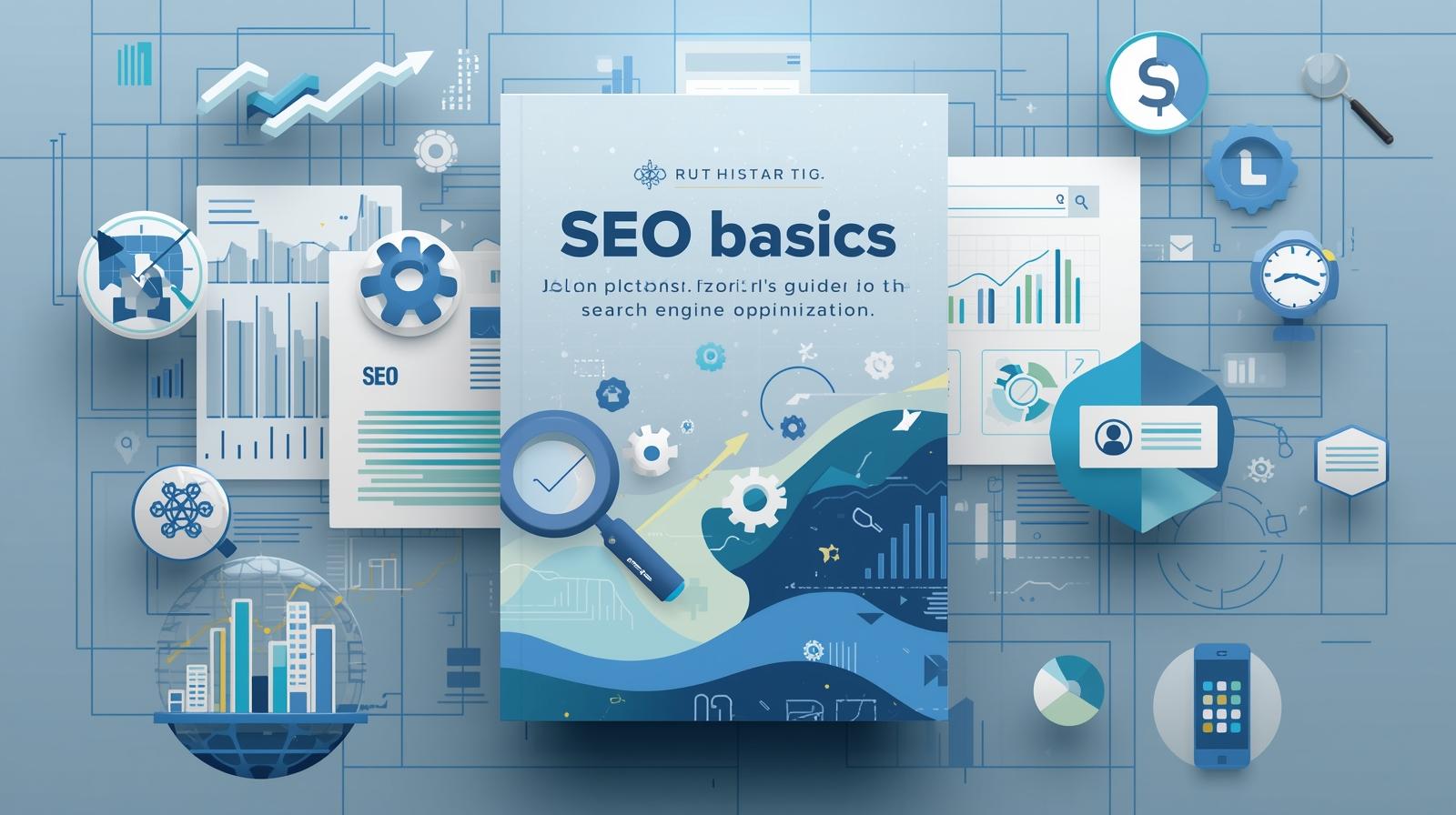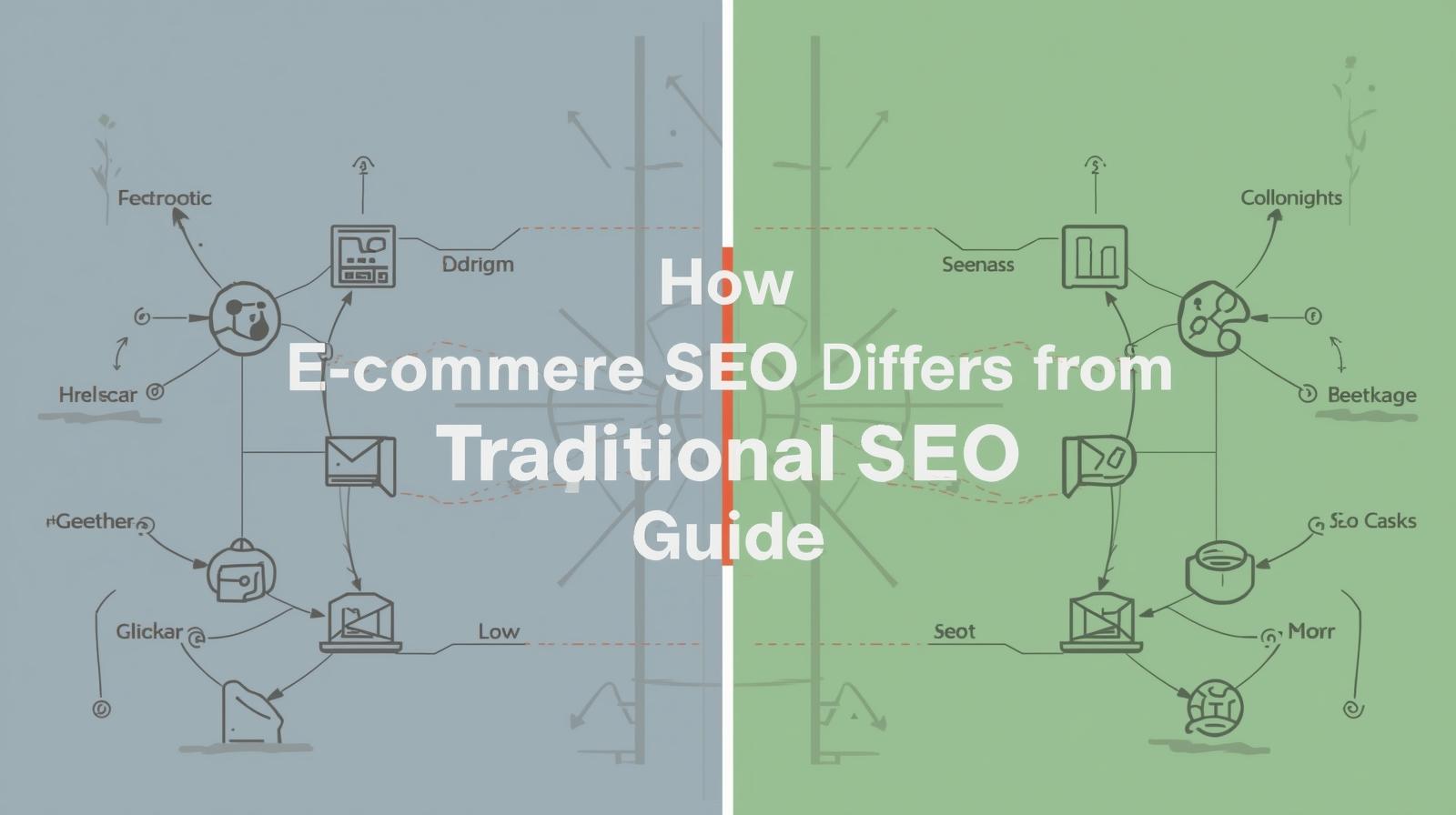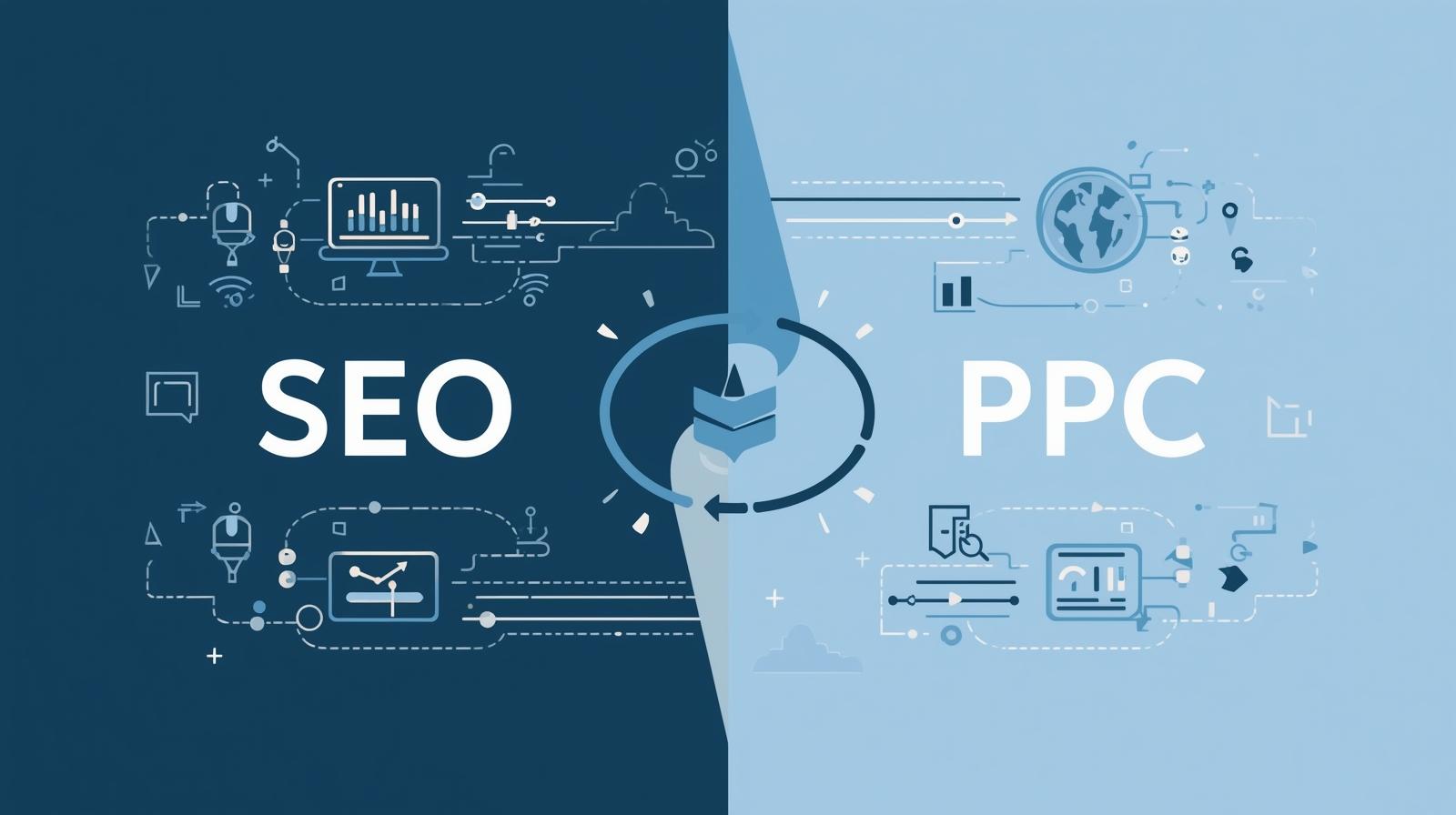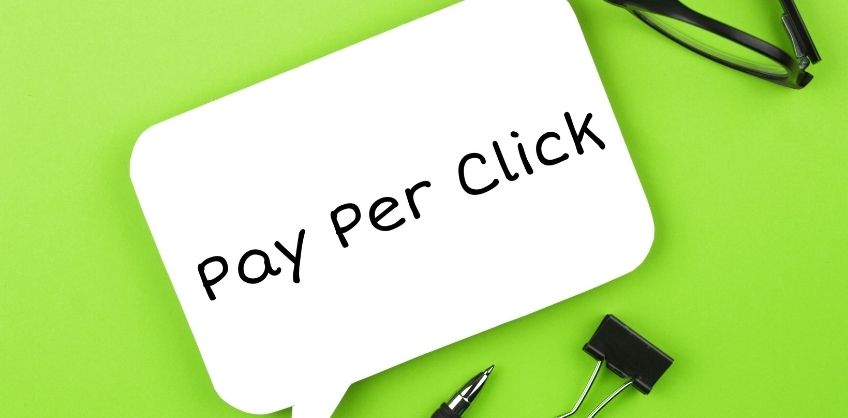December 11, 2018
How to Make a Modern Logo
Making a new logo isn’t as easy as it may seem. You could be very generic and use a plain, simple font (like Helvetica) with just black and white colors, but how is that going to reflect a uniqueness to your brand or help Google’s search engine results pages (SERPs) connect your logo image to your brand?
Read More: 6 Tips To Build Powerful Brand Image
The answer is: It isn’t. Let’s go over a list of seven tips I’ve put together to help you create a great modern logo that is recognized by search engines.
1. Keep it Simple
A simple and clean design is what everyone should strive for. You don’t need to add a bunch of elements that could potentially throw off your audience and cause confusion. Think about what your business and brand represent and who your customers are. Don’t go overboard and add small details - this could also influence your image’s file size optimization making it larger than necessary.
Bad:
Good:
Read More: Importance of SEO-Friendly URL for Website
2. Use Appropriate Colors
Focus on what colors your brand might use but don’t include too many (over four). Not everyone can visualize ten or even five various colors and not consider it clutter - this tends to lead to a difficulty of viewing the logo. Even focusing on refraining from using the color white as the main color is helpful - Google’s search engine results pages' background color is white and your logo could blend in if you’re not careful. A great example is Google’s own logo which only uses four unique colors.
Bad:
Good:
3. Be Creative
There isn’t anything wrong with being creative with your logo. A popular and fun element of many logos today is having a double meaning in the logo’s design. Just remember, if you’re getting really creative, you still have to think about using a clean, simple design that represents your business professionally and accurately.
Example:
4. Make it Scalable
With over 4.5 billion mobile phone users worldwide (that’s almost 60% of the world’s population!), you should take into consideration that there are high odds in favor of mobile users seeing your logo. Make sure your logo design is scalable in size and easy to view both on a desktop and smaller mobile devices. Google has also taken this into consideration with their own logo design. Using them as an example, think about scaling your logo for devices of various sizes.
Bad:
Good:
5. Optimize the File Name
Believe it or not, optimizing your logo for the SERPs using SEO tactics includes naming the file appropriately. When Google crawls and reads your file to index in search results, they try to understand what the image file is and how it’s related to your business. Name the logo image file with the name of the business/brand and a short description of your business.
Example:
6. Optimize the Alt Text
Image and video files have the ability to include alt (alternative) text that describes the content more in-depth and allows search engines to read the files easier and index them more accurately. When uploading the logo’s file to your website or other websites that use your logo, add an alt text to describe the logo further, this could be as simple as stating what your business does.
Read More: Basics of Images Alt Text For SEO
Example:
7. Use Schema.org Markup
Tell Google exactly where your logo is and which image you want to be set as your business logo on search results using Schema.org’s HTML Organization markup. This is super simple and straightforward to add. Just go into the HTML location of your logo on your website and input the <div> tag (code) with your image location in it.
Example:
Read More: Top Must- Do Checks Before Launching Your Website
Conclusion
Using these trusted logo tips and optimizations will help Google recognize what and where your logo is along with providing your customers with a great and memorable logo experience.

Recent Posts
ARE YOU A LEADING SEO SERVICE PROVIDER?
Get listed in world's largest SEO directory today!
Directory listing counter is continuously increasing, be a part of it to gain the advantages, 10306 Companies are already listed.






























